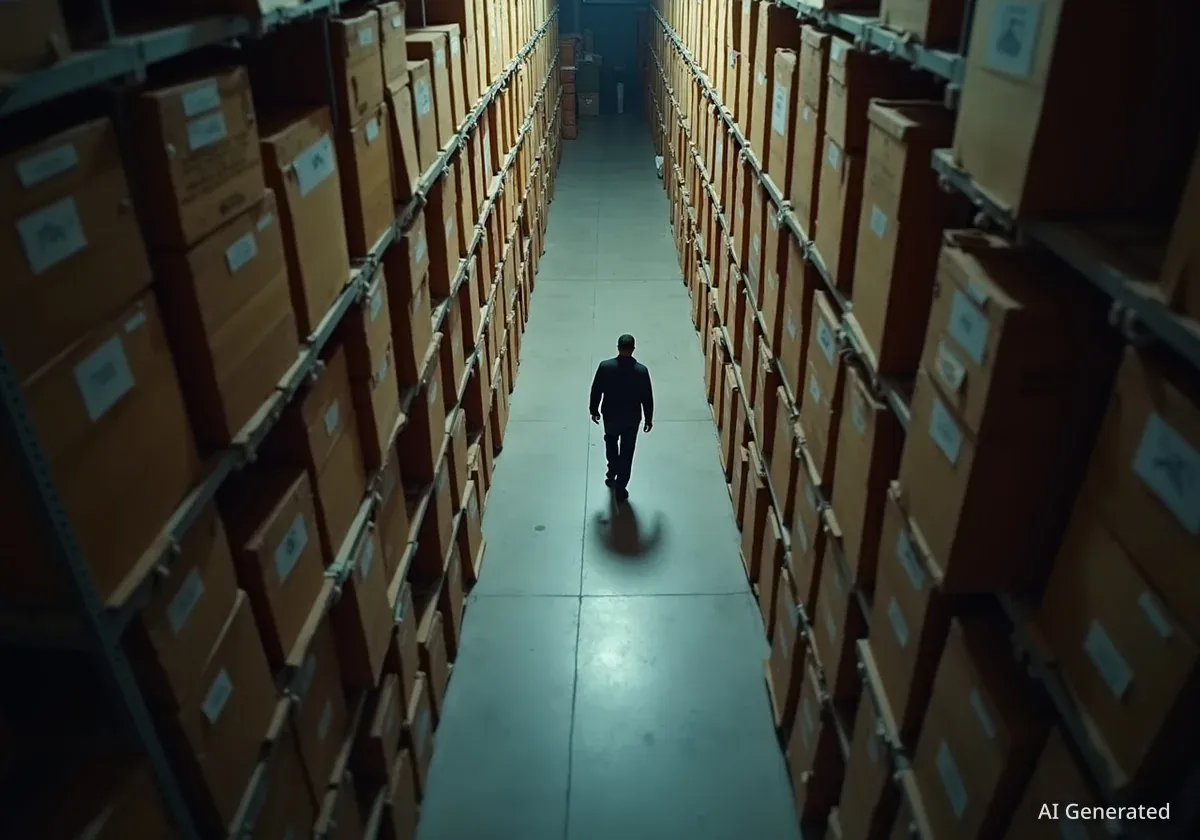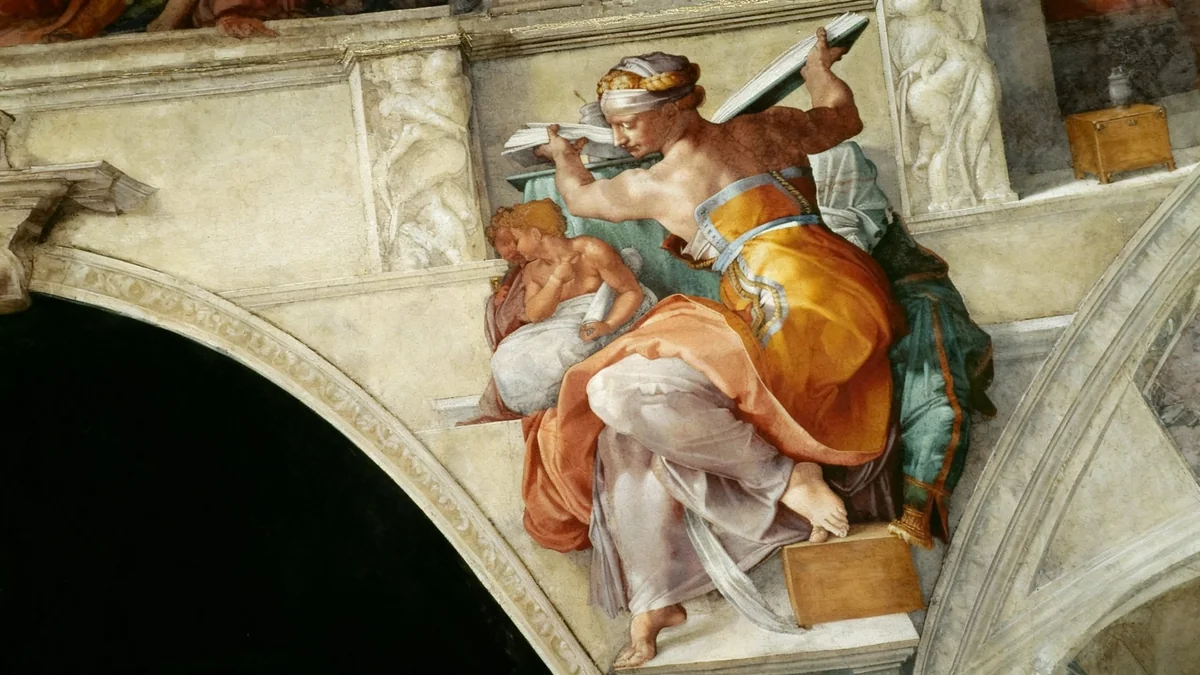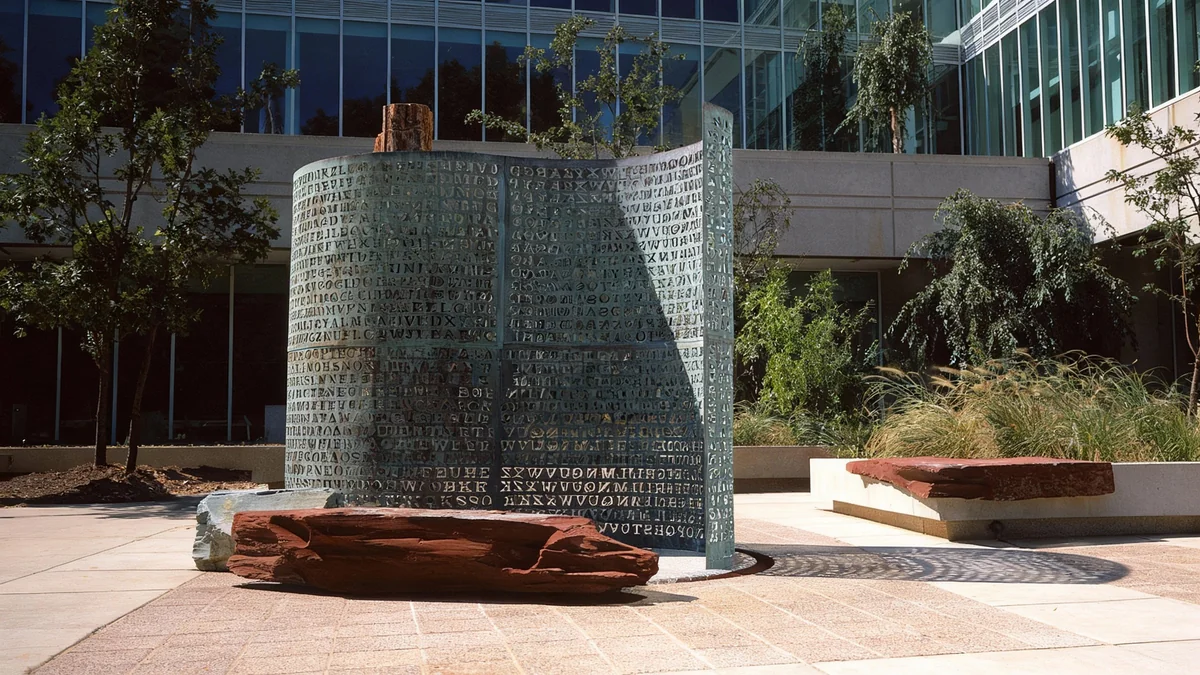The British Council, the UK’s international organization for cultural relations, is facing severe financial pressure and has proposed an unprecedented solution: transferring its entire art collection to the government to clear a nearly £200 million debt. The collection includes almost 9,000 works by prominent British artists.
Scott McDonald, the council's chief executive, described the organization as being in “real financial peril” during a recent parliamentary committee meeting. The proposal comes as the council undertakes significant restructuring, including asset sales and job cuts, to ensure its survival.
Key Takeaways
- The British Council has proposed giving its 9,000-piece art collection to the UK government.
- The move is intended to settle an outstanding debt of £197 million from a pandemic-era loan.
- The collection features major artists like David Hockney and Lucian Freud.
- Government ministers have reportedly shown little interest in the proposal so far.
- The council is also selling buildings and closing offices in 35 countries to address its financial crisis.
A Radical Proposal Amid Financial Crisis
The British Council's leadership has put forward a plan to hand over its vast and culturally significant art collection to the UK government. This collection, which comprises nearly 9,000 works of 20th and 21st-century British art, is being offered as a payment-in-kind to erase a substantial debt.
The collection features pieces by some of the most celebrated names in modern British art, including David Hockney, Lucian Freud, Tomma Abts, and John Akomfrah. It functions as a global touring collection, with about a fifth of its works on display in the UK and internationally at any given time, promoting British culture abroad.
Scott McDonald, the council's chief executive, told the foreign affairs committee that this transfer would be “a good solution for everyone.” However, he expressed frustration over the lack of engagement from the government, stating he had made “close to no progress” with ministers on the idea.
What is the British Council?
The British Council is the United Kingdom's international organisation for cultural relations and educational opportunities. It operates in over 100 countries, promoting a wider knowledge of the UK and the English language while encouraging cultural, scientific and technological co-operation.
The Scale of the £197 Million Debt
The organization's financial troubles stem from an emergency £250 million loan taken from the government during the COVID-19 pandemic. This lifeline was necessary as a significant portion of its income, derived from teaching and exams, was severely impacted by global lockdowns.
The outstanding balance on that loan now stands at £197 million. Servicing this debt is a major drain on the council's resources.
Annual Interest Payments
The British Council pays between £12 million and £15 million annually in interest alone on its government loan. These funds could otherwise be used to support its cultural and educational programs.
This heavy financial burden has forced the council to consider all possible options to stabilize its finances. The art-for-debt proposal is the most high-profile of these measures, reflecting the gravity of the situation.
Wider Restructuring and Asset Sales
Beyond the potential art transfer, the British Council is undergoing a deep and painful restructuring process. The organization plans to sell off assets, including buildings valued at approximately £90 million, to generate capital.
This is not a new strategy. In recent years, the council has already sold seven of its buildings, with its school in Madrid being the latest property to be sold this year. A due diligence process is currently underway to identify other buildings that can be sold.
The restructuring also involves a significant reduction in its global footprint. The council reportedly plans to close its operations in 35 countries and implement further job cuts. This follows a previous round of restructuring initiated after the pandemic began.
“We are selling everything we can,” Scott McDonald stated, highlighting the urgent need to generate funds to secure the organization's future.
Government Position and Financial Independence
Despite the British Council's plea, the government has maintained a degree of distance. A spokesperson for the Foreign, Commonwealth and Development Office (FCDO), which provides some of the council's funding, clarified the official position.
“The British Council is operationally independent from the UK government and is free to make its own financial decisions,” the spokesperson said. This statement underscores that the council must find its own path out of its financial difficulties.
The council's funding model is a mix of earned income and public money. Around 85% of its turnover comes from its commercial activities like English language teaching and exams. The remaining 15% is grant-in-aid funding from the FCDO.
While the art collection is the focus of the current proposal, a review of the collection is also being conducted. This review could lead to the disposal of works found to be outside the council's core remit, in line with museum association guidelines, though no final decisions have been made.
The coming months will be critical for the British Council as it navigates its financial peril, with the fate of its prestigious art collection hanging in the balance.




